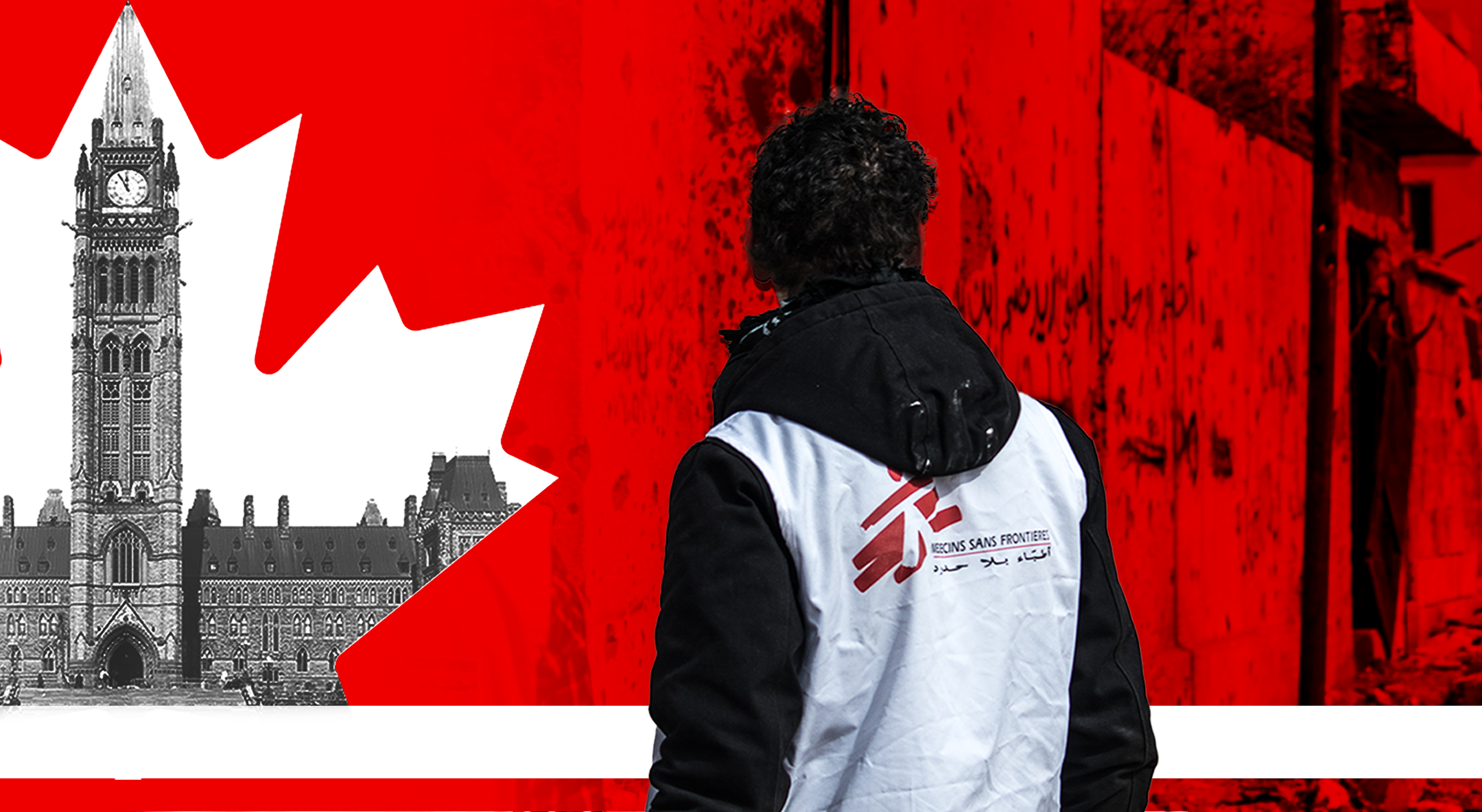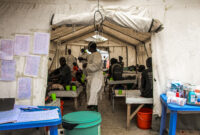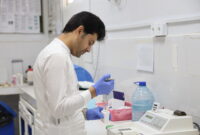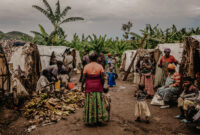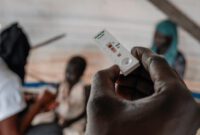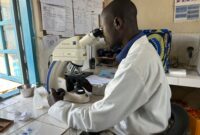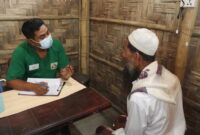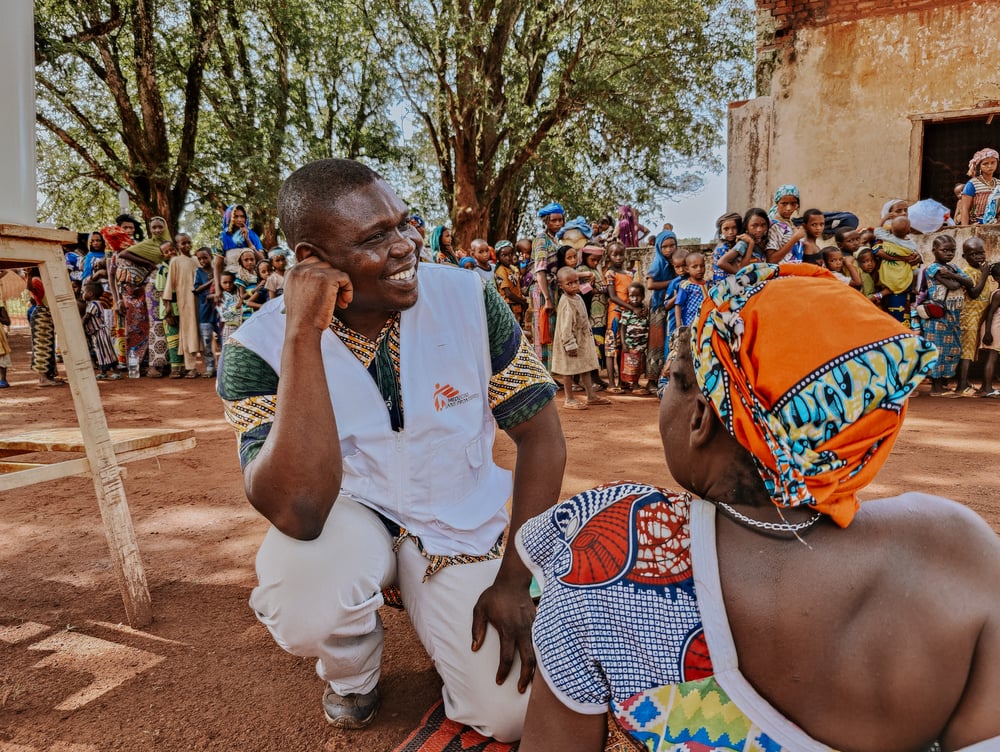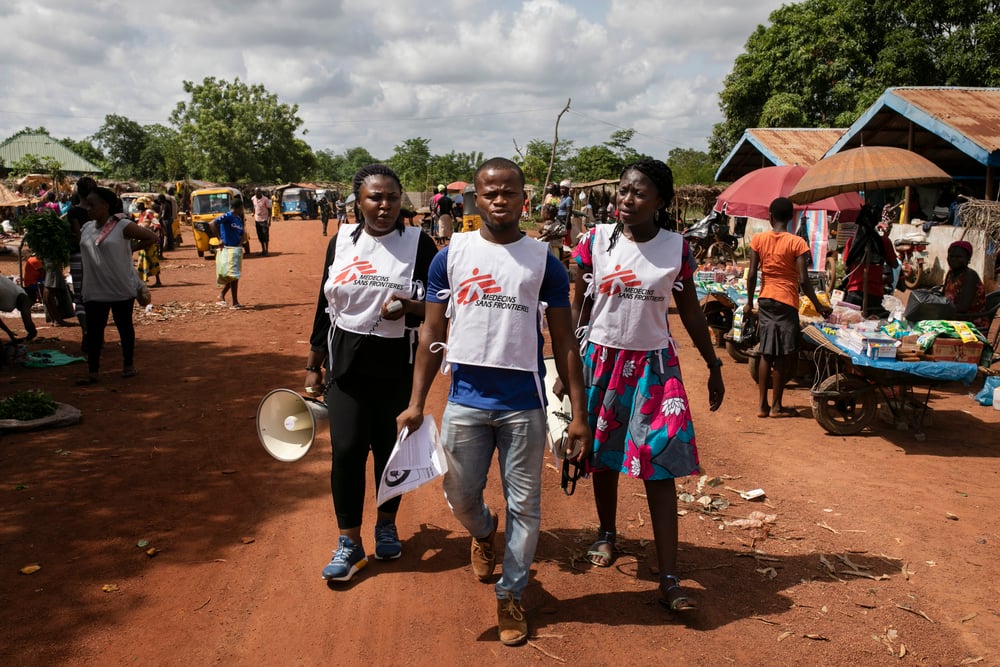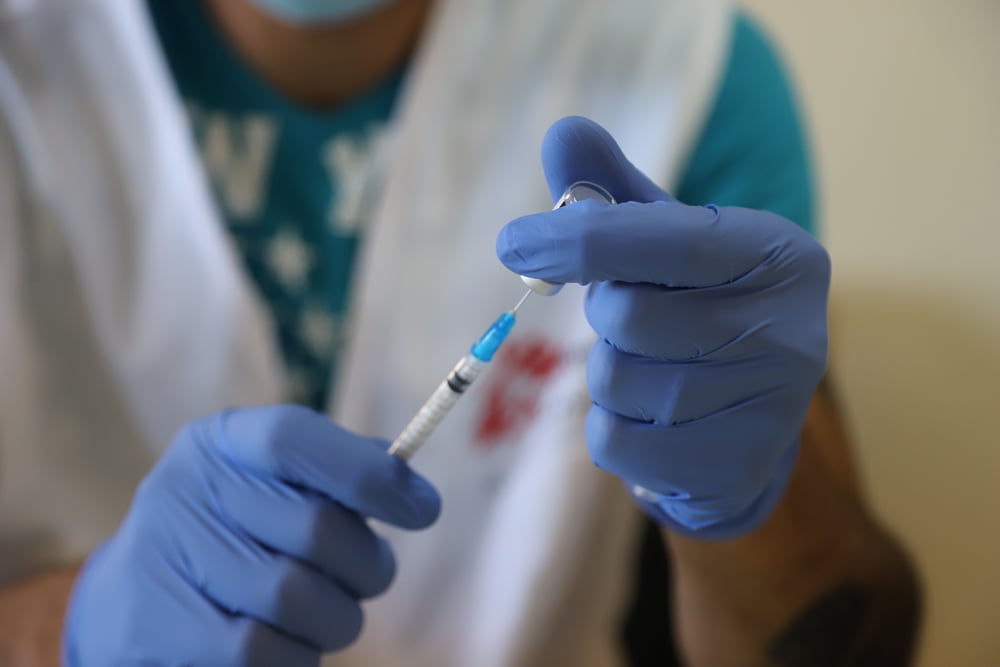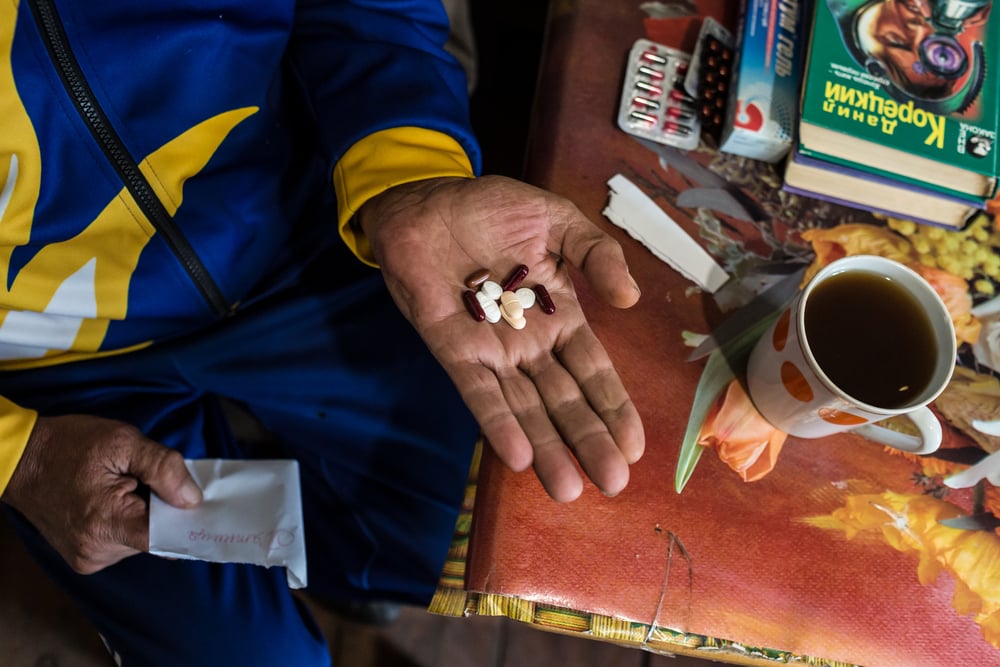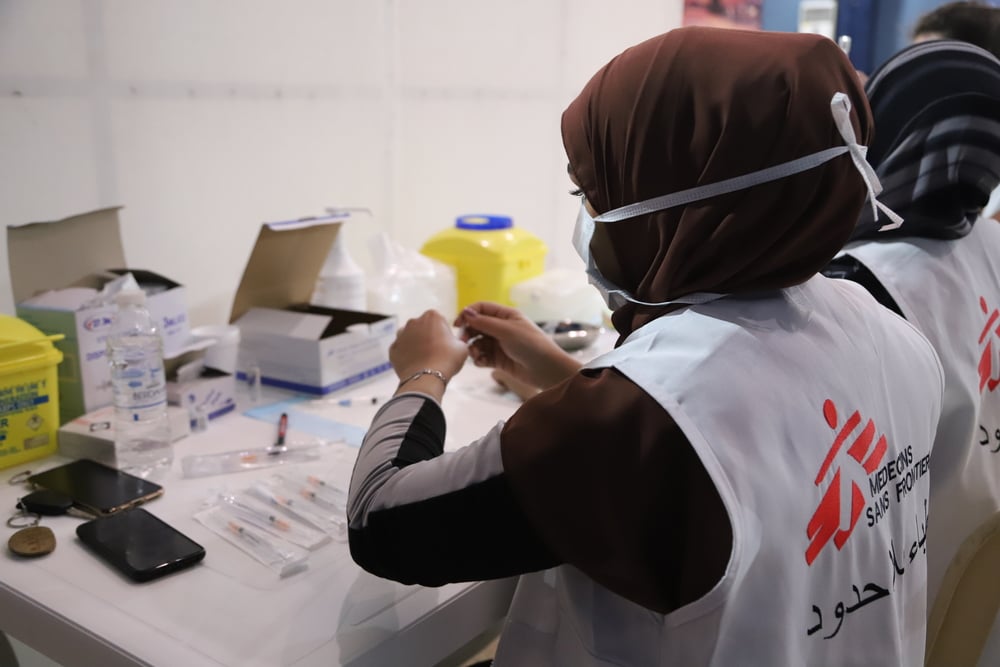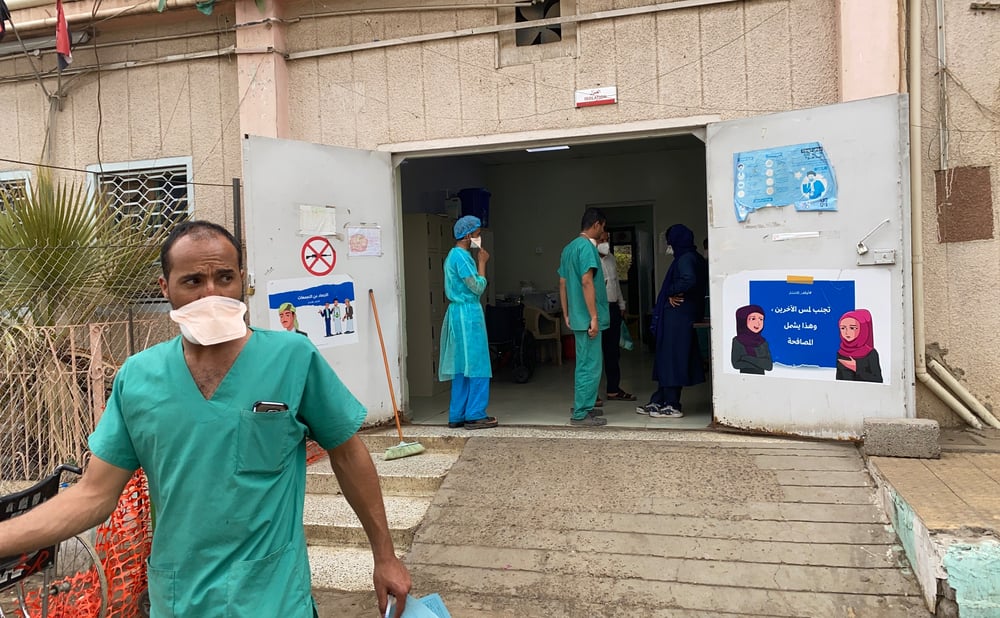An open letter to Canada’s newly elected Parliamentarians
Dear Members of Canada’s 45th Parliament,
Congratulations on your election to the House of Commons, where all parties will bear responsibility for ensuring Canada’s government can rise to the challenges of the current global moment.
You are taking on this responsibility at a time of unprecedented global upheaval. Multiple large-scale and overlapping international crises – conflict, displacement, disease outbreaks – are putting millions of lives at risk, and destabilizing the world in which Canadians live. As Parliamentarians, the decisions you make will shape not only Canada’s future but also the lives of people everywhere who are impacted by these emergencies.
Doctors Without Borders/Médecins Sans Frontières (MSF) is an emergency humanitarian medical organization that works to alleviate suffering in more than 70 countries around the world. We see first-hand the tragic human cost when governments fail to address the needs created by global crises.
We urge you to stand up for humanity and ensure Canada’s next government will take meaningful and immediate action on the three following health and humanitarian priorities:
1. Stand up for Canada’s humanitarian response to global conflict and crisis
More than 300 million people will need humanitarian assistance in 2025, a number that continues to rise even as the global funding required to deliver that assistance has fallen dramatically.
While humanitarian organizations like MSF are still responding to global emergencies, the needs go far beyond what we alone can manage. Canada has long championed fundamental humanitarian principles; today, more than ever, it must act to help protect civilians and aid workers in conflict zones and preserve access to lifesaving care. As Parliamentarians, you have a responsibility for ensuring Canada works to protect humanitarian space and humanitarian aid, but also to find solutions to the political crises that drive humanitarian crises.
Specifically Canada’s next government should use its diplomatic power to uphold International Humanitarian Law, defend humanitarian principles and seek political solutions to crises. Canada’s government should focus on crises where Canada can have real impact, including by pushing for humanitarian access in conflicts like Sudan and Gaza, protecting humanitarian space in Haiti, and not abandoning Canada’s longstanding efforts to find solutions to the Rohingya displacement crisis.
Canada must also defy the global trend of cuts to crucial aid funding by committing to grow this country’s international humanitarian assistance budget each year between 2025 and 2029.
Millions of lives are at immediate risk – and many have already been lost.
2. Stand up for global health, outbreak response and pandemic preparedness
Emerging outbreaks of deadly diseases threaten millions of lives globally, yet lifesaving vaccines and treatments are often unavailable where they are needed most. Canada’s publicly funded biomedical innovation sector can help close these gaps for Canadians and others – but only by prioritizing public health needs over private profits.
Canada can become a global leader in ensuring equitable access to lifesaving health technologies, and help prevent future global health crises, by:
- Supporting the full lab-to-patient pathway for Canadian innovation in medicines, vaccines and other health technologies: Canada needs to establish a clear funding pathway to guide Canadian research, from discovery through development, including clinical trials, and to final approval, particularly where the product is of high public health importance but low commercial value, to ensure rapid patient and health-system access.
- Reforming health innovation funding to ensure access: Canada’s government should attach binding access and affordability requirements to all federal funding for health research and development, ensuring medicines and vaccines developed with public funding are available to meet public health needs, for Canadians and people around the world who need them most.
- Increasing transparency: Canada should establish public platforms tracking all federally funded pharmaceutical development, including regulatory status and licensing.
- Putting Canada’s biomanufacturing capacity to use: Publicly owned facilities like Canada’s newly built (but mostly unused) Biologics Manufacturing Centre and Clinical Trial Material Facility are capable of producing crucial medical products, including potentially breakthrough innovations, for diseases like Ebola and diphtheria, filling urgent gaps in the global health system instead of sitting idle. Canada needs to invest in these facilities to put them to work to produce medical technologies the world needs, affordably and quickly.
3. Stand up for sexual and reproductive health in humanitarian crises
Women and children bear a disproportionate burden during humanitarian emergencies. Every day, more than 700 women die from preventable complications of pregnancy and childbirth, nearly all of them in lower- and middle-income countries. Conflict also sharply increases the risk of sexual and gender-based violence.
In 2024 alone, MSF assisted over 337,000 safe deliveries; it also treated more than 62,000 survivors of sexual violence – a 35 per cent increase from the previous year. As global funding cuts threaten to eliminate essential sexual and reproductive health programs that support some of the world’s most vulnerable people, these numbers are likely to increase. Canada should continue its longstanding tradition of standing up for women and children in humanitarian crises by reaffirming its commitment to women’s and children’s health. Specifically, Canada’s next government should maintain this country’s strong historic and bipartisan support for maternal, newborn, and child health and sexual and reproductive health in Canada’s international assistance policies.
This government should also ensure Global Affairs Canada’s humanitarian assistance programming continues to be gender-responsive, addressing safe deliveries, maternal mortality and support for survivors of sexual and gender-based violence.
As the world confronts ever more destabilizing levels of conflict and crisis, you as Parliamentarians must ensure Canada’s next government will continue to prioritize the needs of the world’s most vulnerable people. We urge you to listen to the Canadians you represent and to stand up for humanity at a time when millions of people are at greater risk than at any time in recent memory.
